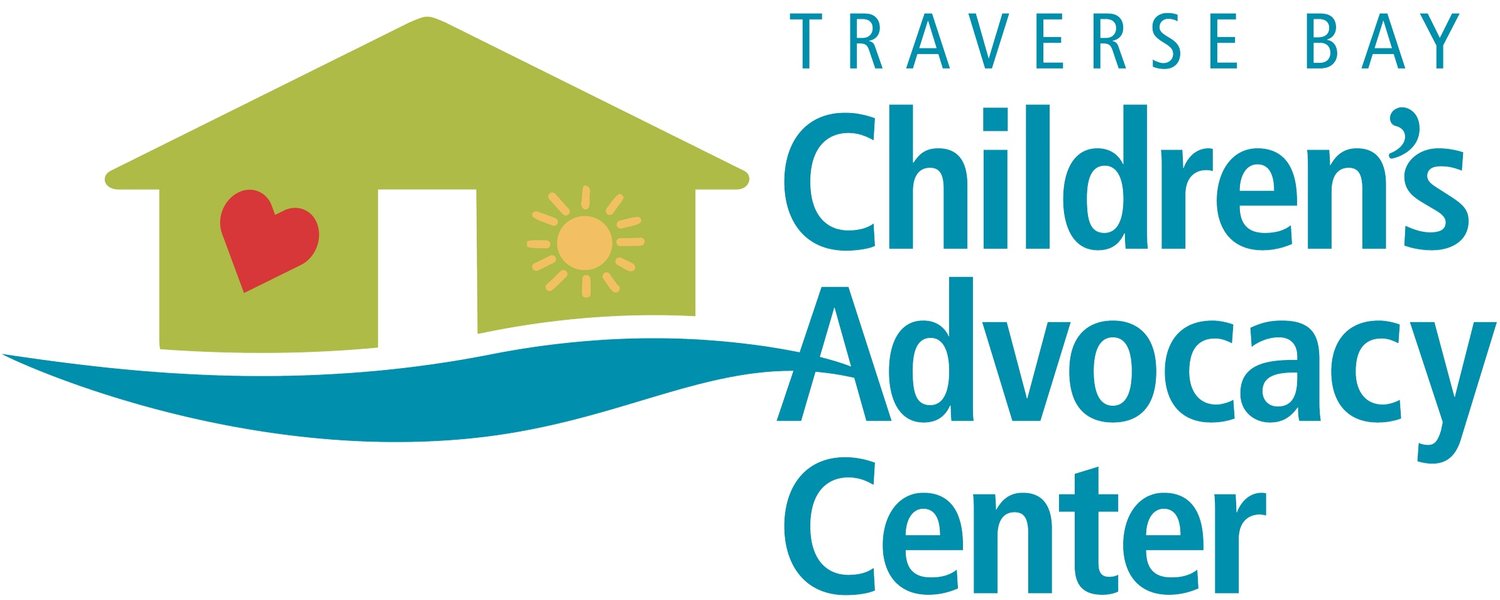At the Traverse Bay Children’s Advocacy Center, we provide a safe, supportive space for children and families affected by abuse. This video offers a behind-the-scenes look at how our team works, the vital services we provide, and the impact community support has in making our mission possible. Your generosity and support ensure that every child who needs help can receive it — at no cost to their family.


















